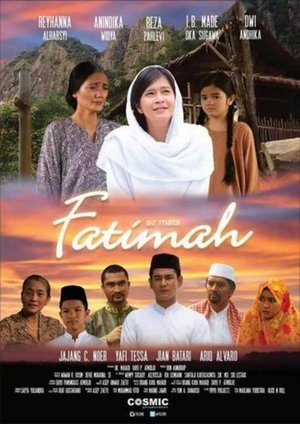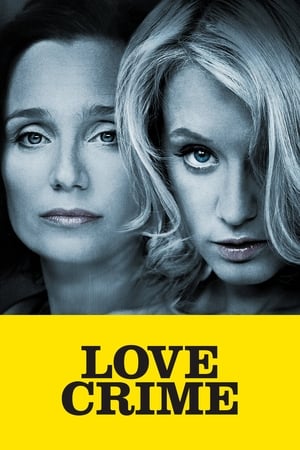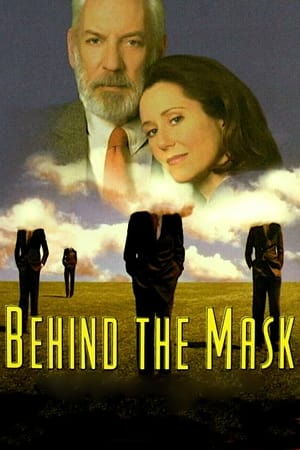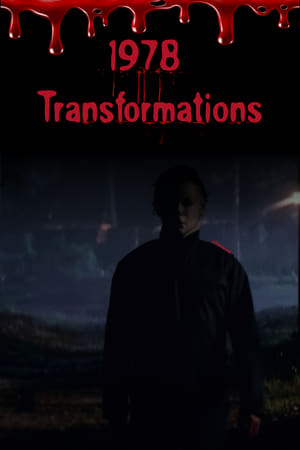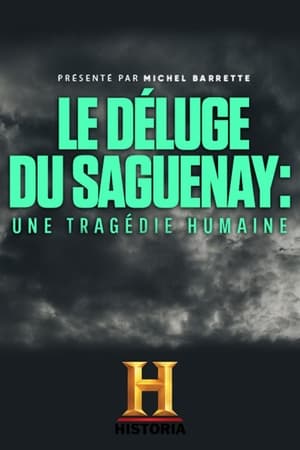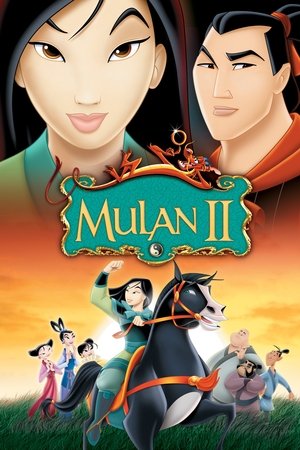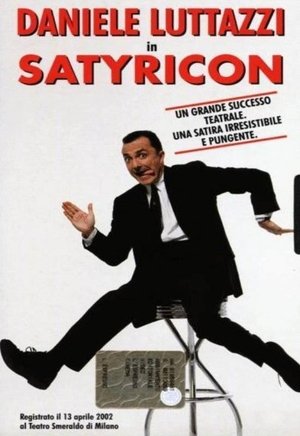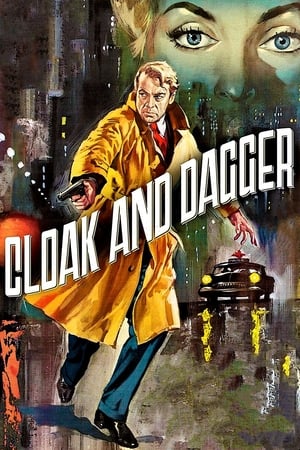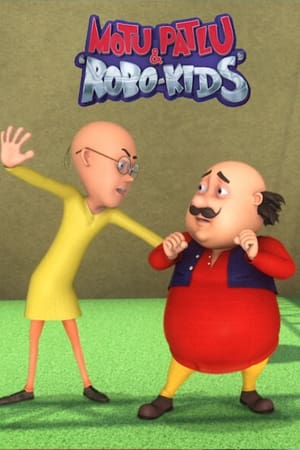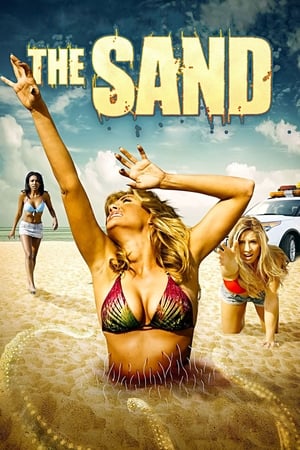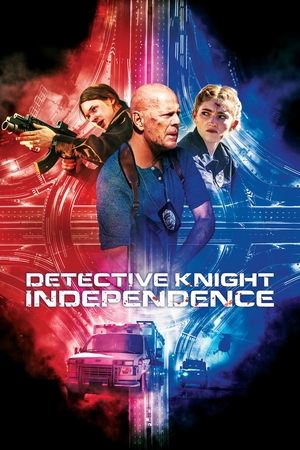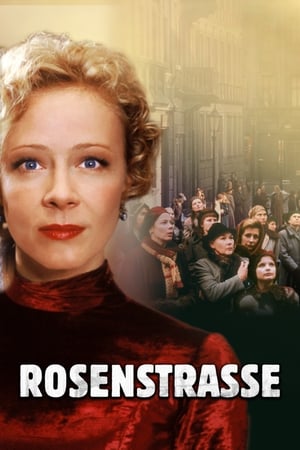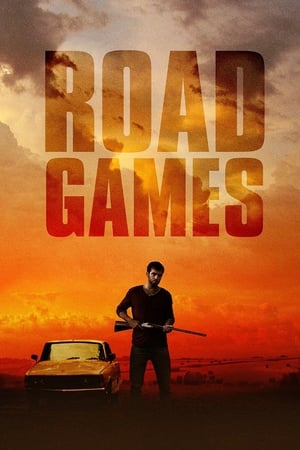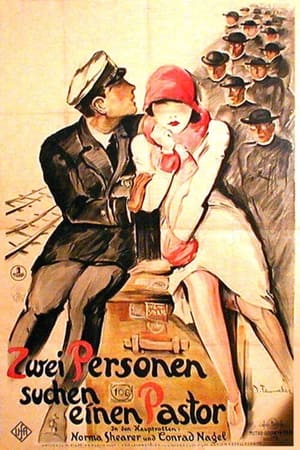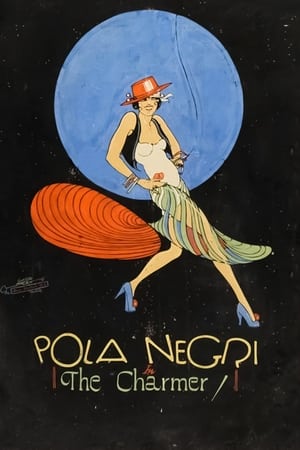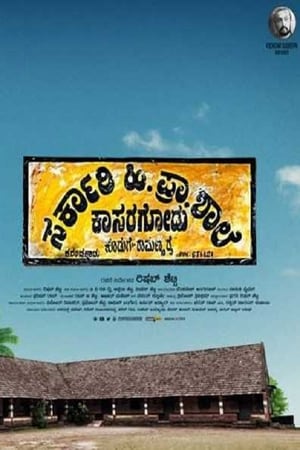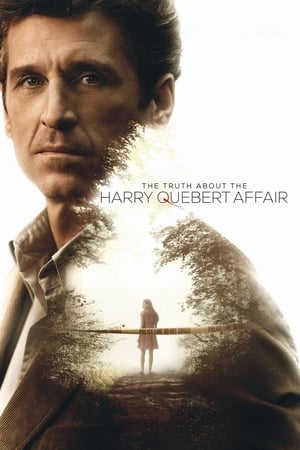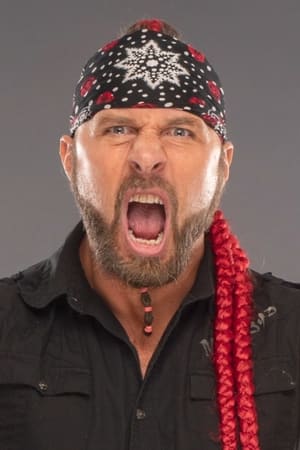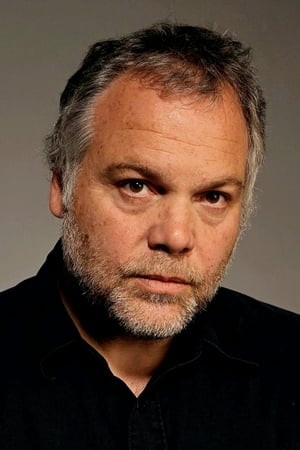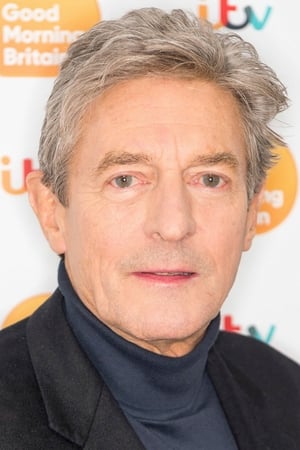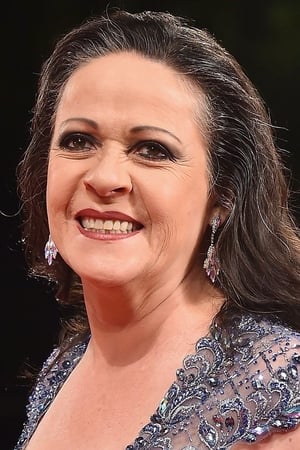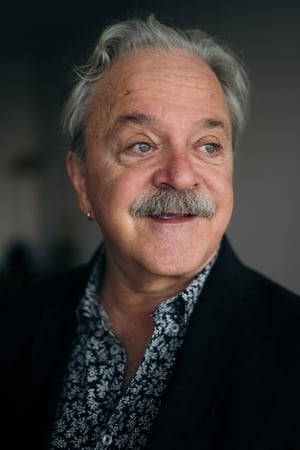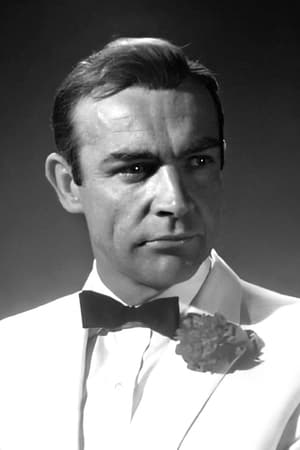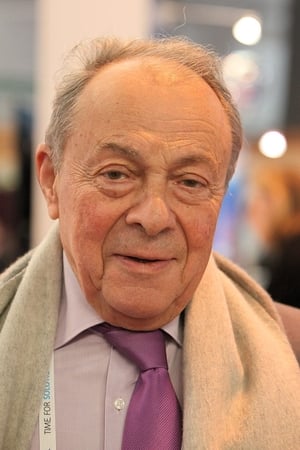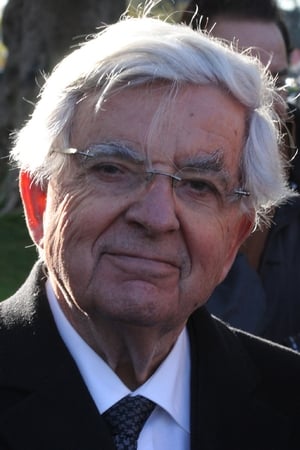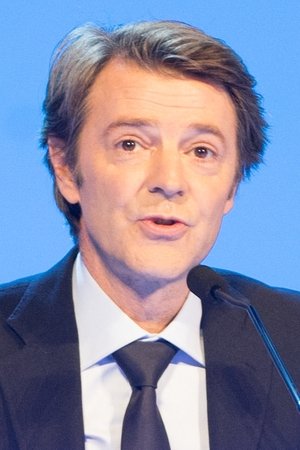Trending
Popular people
Lance Hoyt
Biography
Lance Vance Hoyt is an American professional wrestler, currently working for New Japan Pro-Wrestling (NJPW) and All Elite Wrestling (AEW) as Lance Archer. He was known for regularly teaming with Davey Boy Smith Jr. as the Killer Elite Squad (K.E.S.).
He is also known for his work in Total Nonstop Action Wrestling, where he wrestled as Dallas and under his real name. He is a four-time NWA World Tag Team Champion (twice with Kid Kash while the title was under the TNA banner and twice with David Hart Smith Jr.). He also worked in World Wrestling Entertainment (WWE) under the ring name Vance Archer.
Read more
Andy Gray
Biography
Andy Gray was a Scottish actor and writer from Perth, Scotland. He appeared on stage and TV, including starring roles in the BBC series Naked Video, City Lights, and River City. In August 2018, Gray was diagnosed with myelodysplastic syndromes and treated with chemotherapy and a bone marrow transplant from one of his sisters. He subsequently contracted COVID-19 during the COVID-19 pandemic in December 2020 and died in hospital intensive care on 18 January 2021, aged 61, following complications caused by the virus.
Read more
Vincent D'Onofrio
Biography
Vincent Philip D'Onofrio (born June 30, 1959) is an American actor and filmmaker. He is known for his supporting and leading roles in both film and television. He has been nominated for a Primetime Emmy Award. His roles include Private Leonard "Gomer Pyle" Lawrence in Full Metal Jacket (1987), Edgar the Bug in Men in Black (1997) and Men in Black: The Series (1997–2001), Carl Stargher in The Cell (2000), New York City Police Detective Robert Goren in Law & Order: Criminal Intent (2001–11), Victor "Vic" Hoskins in Jurassic World (2015), and Wilson Fisk / Kingpin in four television series of the Marvel Cinematic Universe.
Read more
Nigel Havers
Biography
From Wikipedia, the free encyclopedia.
Nigel Allan Havers (born 6 November 1951) is an English actor. He is probably best known for his BAFTA-nominated role as Lord Andrew Lindsay in the 1981 British film Chariots of Fire, and for his role as Dr. Tom Latimer in the British TV comedy series Don't Wait Up. He portrayed the role of Lewis Archer in Coronation Street from 2009 to 2010.
Description above from the Wikipedia article Nigel Havers, licensed under CC-BY-SA, full list of contributors on Wikipedia.
Read more
Nora Velázquez
Biography
Mexican actress and comedian with an outstanding career in film, theater and television, known for playing the comic character of Chabelita; character that first appeared in the program "Humor es.... Los Comediantes", she has also excelled in movies and melodramas for Televisa.
She began her artistic career in 1979 in the film María de mi corazón, directed by Jaime Humberto Hermosillo, which was followed by a long list of film productions.
In television she played mostly comic characters, standing out with the interpretation of the character of Chabelita, a woman who is a widow and confesses all her sins.
The character was created by playwright Alejandro Licona, who said in an interview that Nora was always linked, in some way, to Chabelita since she had grown up in a boarding school run by nuns who made her confess since she was a little girl. She invented sins so that the father would not waste his time and she had a lot of fun. During her adolescence she was sent to a boarding school run by nuns where she discovered her interest in comedy. When she left, she entered Andrés Soler's Academy as a student, but it was later on that she met Alejandro Licona.
In 2002 she participated in the comedy series "La familia P. Luche", where she played "Francisca Dávalos", the mother of "Federica" (Consuelo Duval).
In telenovelas she has participated in Televisa productions such as "Marisol", "Carita de ángel", "Aventuras en el tiempo" among others.
Read more
Jim Cummings
Biography
Jim Cummings (born November 3, 1952) is an American voice actor. Since beginning his career in the 1980s, he has appeared in almost 400 roles. Cummings has frequently worked with The Walt Disney Company and Warner Bros., including as the official voice of Winnie the Pooh since 1988, Tigger since 1989, the Tasmanian Devil since 1991, and Pete since 1992. Other notable roles include Fat Cat and Monterey Jack on Chip 'n Dale: Rescue Rangers (1989–1990), the title character of Darkwing Duck (1991–1992), Dr. Robotnik on the Sonic the Hedgehog animated series (1993–1994), Kaa on Jungle Cubs (1996–1998), and Cat on CatDog (1998–2005).
Read more
Sean Connery
Biography
Sir Thomas Sean Connery (August 25, 1930 – October 31, 2020) was a Scottish actor and producer who won an Academy Award, two BAFTA Awards (one being a BAFTA Academy Fellowship Award), and three Golden Globes, including the Cecil B. DeMille Award and a Henrietta Award.
Connery was the first actor to portray the character James Bond in film, starring in seven Bond films (every film from Dr. No to You Only Live Twice, plus Diamonds Are Forever and Never Say Never Again), between 1962 and 1983. In 1988, Connery won the Academy Award for Best Supporting Actor for his role in The Untouchables. His films also include Marnie (1964), Murder on the Orient Express (1974), The Man Who Would Be King (1975), A Bridge Too Far (1977), Highlander (1986), Indiana Jones and the Last Crusade (1989), The Hunt for Red October (1990), Dragonheart (1996), The Rock (1996), and Finding Forrester (2000).
Connery was polled in a 2004 The Sunday Herald as "The Greatest Living Scot" and in a 2011 EuroMillions survey as "Scotland's Greatest Living National Treasure". He was voted by People magazine as both the “Sexiest Man Alive" in 1989 and the "Sexiest Man of the Century” in 1999. He received a lifetime achievement award in the United States with a Kennedy Center Honor in 1999. Connery was knighted in the 2000 New Year Honours for services to film drama.
On 31 October 2020, it was announced that Connery had died at the age of 90.
Description above from the Wikipedia article Sean Connery, licensed under CC-BY-SA, full list of contributors on Wikipedia
Read more
Michel Rocard
Biography
Michel Rocard (23 August 1930 – 2 July 2016) was a French politician and a member of the Socialist Party (PS). He served as Prime Minister under François Mitterrand from 1988 to 1991 during which he created the Revenu minimum d'insertion (RMI), a social minimum welfare program for indigents, and achieved the Matignon Accords regarding the status of New Caledonia. He was a member of the European Parliament, and was strongly involved in European policies until 2009. In 2007, he joined a Commission under the authority of Nicolas Sarkozy's Minister of Education, Xavier Darcos.
Rocard was born in Courbevoie, Hauts-de-Seine, to a Protestant family. The son of nuclear physicist Yves Rocard, he entered politics as a student leader while he was studying at Sciences Po. He became chair of the French Socialist Students affiliated to the main French Socialist party at the time, the French Section of the Workers' International (SFIO), and studied at the École nationale d'administration (ENA), after which he chose to enter the prestigious Inspection des finances. As an anti-colonialist, he went to Algeria and wrote a report regarding the widely-ignored refugee camps of the Algerian War (1954–1962). The report was leaked to the newspapers Le Monde and France Observateur in April 1959, which almost cost Rocard his position. Michel Rocard was a certified glider pilot.
Having left the SFIO because of Guy Mollet's position towards the Algerian War, Rocard led the dissident Unified Socialist Party (PSU) from 1967 to 1974. He was a prominent figure during the May 1968 crisis, supporting the auto-gestionary project. He ran in the 1969 presidential election but obtained only 3.6% of the vote. Some months later, he was elected deputy for the Yvelines département, defeating the former Prime minister Maurice Couve de Murville. He lost his parliamentary seat in 1973, but retook it in 1978.
In 1973–74, he participated in the LIP conflict, selling watches with the workers and participating, behind the scenes, in the attempts to find an employer who would take back the factory, which was on the verge of being liquidated.
In 1974, he joined François Mitterrand and the renewed Socialist Party (PS), which had replaced the old SFIO. Most of the PSU members and a part of the French and Democratic Confederation of Labour (CFDT) trade union – the non-Marxist section of the left that Rocard famously defined as the "Second Left" – followed him.
Elected mayor of Conflans-Sainte-Honorine in 1977, he led the opposition to Mitterrand inside the Socialist Party (as a candidate of the right wing of the party). After the defeat of the left at the 1978 legislative election, he tried to take over the leadership of the party. In spite of his alliance with Pierre Mauroy, the number 2 of the PS, he lost at the Metz Congress (1979). As the Socialist Party's most popular politician at the time (including Mitterrand himself), he announced that he would run for president; but his "Call of Conflans" did not result in majority support within the PS, and he withdrew his candidacy. Mitterrand was the successful Socialist candidate in the 1981 presidential election. ...
Source: Article "Michel Rocard" from Wikipedia in English, licensed under CC-BY-SA 3.0.
Read more
Jean-Pierre Chevènement
Biography
Jean-Pierre Chevènement (born 9 March 1939) is a French politician who served as a minister in the 1980s and 1990s best known for his candidacy in the 2002 French presidential election. After serving as mayor of Belfort, he was elected to the Senate for the Territoire de Belfort in 2008. As a cofounder of the PS and founder of the Republican and Citizen Movement (MRC), he is a significant figure of the French left.
The Chevènement family is of Swiss origin, with their original name, Schwennemann, having been gallicized to Chevènement in the 18th century. He was born in Belfort near the Swiss border, speaks German, and studied in Vienna.
Chevènement's idiosyncratic left-wing nationalism has led to comparison with the late British politician Peter Shore. He describes his Eurosceptic and Gaullist position as "republican". He was Mayor of Belfort from 1983 to 2008 and was a Deputy in the National Assembly from 1973 to 2002.
He joined the French Section of the Workers' International (SFIO) and founded the Center for Socialist Studies, Research and Education (Centre d'études, de recherche et d'éducation socialistes or CERES). The organization constituted the left wing of the party, and promoted an alliance with the French Communist Party.
In 1969 the SFIO was superseded by the Socialist Party (Parti socialiste or PS). Two years later, CERES supported the takeover of the party by François Mitterrand. It played a major role in drawing up the Socialist plan for victory in the 1981 elections.
Chevènement was Minister of Research and Industry from 1981 to 1983, when he resigned, for the first of three times in his career. He disagreed with the change in economic policy made by President Mitterrand in order to stay in the European Monetary System. He has said that "a minister has to keep his mouth shut; if he wants to open it, he resigns". However, he returned to the cabinet as Minister of National Education from 1984 to 1986.
Appointed Minister of Defence in 1988, he served until 1991, when he resigned due to his opposition to the Gulf War. After this he opposed the Maastricht Treaty, an issue on which Mitterrand and the PS led the "yes" campaign. In 1993 he left the PS and founded a new political party: the Citizens' Movement (Mouvement des citoyens or MDC).
Chevènement and the MDC participated in the formation of the Plural Left coalition. When it won the 1997 legislative election he became Minister of the Interior in the government of Lionel Jospin. On 2 September 1998, Chevènement underwent surgery on his gall bladder. He then had a severe allergic reaction to the anesthetic, causing him to lapse into a coma for 8 days. He began to recover, leaving the hospital on 22 October, but he could not work in his ministry for another four months. As a result of this episode he gained the nickname "the miracle of the republic".
For the third time, Chevènement resigned from the government in 2000 because of his opposition to giving increased autonomy to Corsica and in order to prepare his candidacy to the 2002 presidential elections. ...
Source: Article "Jean-Pierre Chevènement" from Wikipedia in English, licensed under CC-BY-SA 3.0.
Read more
François Baroin
Biography
François Claude Pierre René Baroin (born 21 June 1965) is a French politician and lawyer who served as Finance Minister from 2011 to 2012, following a stint as Budget Minister in the government of Prime Minister François Fillon. A member of The Republicans (LR), he was a long-time ally of Jacques Chirac and has been Mayor of Troyes in Champagne since 1995.
Baroin was born in the 12th arrondissement of Paris to an upper-class family. His father Michel Baroin was a student friend of Chirac’s who went on to become a leading freemason, chairman of retailer Fnac and the insurer GMF, and a powerful local politician.
Baroin studied at Collège Stanislas de Paris before moving to ISG Business School and Panthéon-Assas University.
Baroin started his career as a political correspondent for Europe 1 from 1988 until 1992.
In 1992, at Chirac’s behest, Baroin joined his party Rally for the Republic (RPR). He became a member of the National Assembly in the 1993 elections – where he served on the Committee on Legal Affairs – and the mayor of Troyes, a mid-sized city South-Est of Paris, two years later.
Baroin was appointed Chirac’s campaign spokesman in the 1995 French presidential election. Following the elections, he became first state secretary and government spokesman under Prime Minister Alain Juppé and then, after a reshuffle, a political aide to the president.
Returning to parliament, Baroin was a member of the National Assembly's Finance Committee (1997-2001), the Committee on Cultural Affairs (2001-2002) and the Committee on Legal Affairs (2002-2005). He also served as the Assembly's vice-president between 2002 and 2005.
In the government led by Prime Minister Dominique de Villepin, Baroin served as Minister for Overseas Territories from June 2005 to March 2007 and was briefly Minister of the Interior from March to May 2007. He replaced Nicolas Sarkozy on 26 March 2007 as Interior Minister when Sarkozy left the Government to pursue his presidential candidacy. During his time as Minister of the Budget in the government of Prime Minister François Fillon from 2010 until 2011, Baroin successfully managed controversial dossiers such as wealth tax reform, the reduction of civil servants and the abolition of Sarkozy’s controversial tax cap for the rich.
On 29 June 2011, Baroin was appointed Minister for the Economy, Finance and Industry in Fillon’s cabinet, replacing Christine Lagarde following her appointment as Director General of the International Monetary Fund. At the time, he was one of three candidates discussed for the role, alongside Bruno Le Maire and Valérie Pécresse. The appointment was seen as a tribute to Baroin’s presumed ability to sell austerity to the French public and to unpick the economic policy of the opposition Socialist Party. During his brief time in office, he chaired the meetings of the Group of Eight ministers of finance when France held the group's presidency in 2011.
From 2014, Baroin served as president of the France's Mayors Organization (Association des Maires de France), a powerful organization for more than 36,000 mayors in France. ...
Source: Article "François Baroin" from Wikipedia in English, licensed under CC-BY-SA 3.0.
Read more


